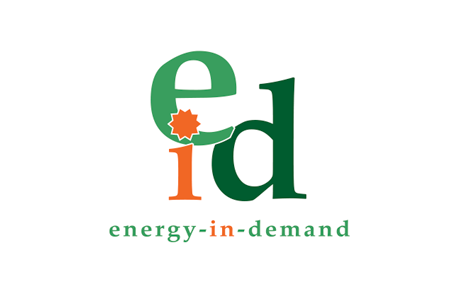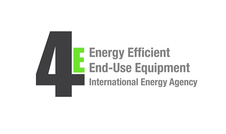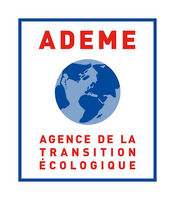Search eceee proceedings
High-resolution transformation strategies towards carbon-free heat supply in German municipalities
Panel: 5. Towards sustainable and resilient communities
This is a peer-reviewed paper.
Authors:
Nora Langreder, Prognos AG, Germany
Malek Sahnoun, Prognos AG, Germany
Sara Ortner, ifeu GmbH, Germany
Jan Steinbach, IREES GmbH, Germany
Caren Herbstritt, Umweltbundesamt, Germany
Abstract
The decarbonization of the heating sector has become a major focus of energy policy in recent years. Almost 50 % of final energy consumption in Germany is accounted for heating, hot water or process energy with only 15 % share of renewable energies. District heating infrastructure provides an opportunity for municipalities to reduce GHG emissions significantly by developing large scale renewable energy heating technologies, such as geothermal, heat pumps or solar thermal plants. However, the potentials for these technologies are often locally limited and can only be used in a spatial proximity to the heat demand. Therefore, municipal heat planning plays a decisive role by taking regional characteristics into account.
As part of the reports for the European Energy Efficiency Directive (EED), we were commissioned by the German Federal Environment Agency to analyse the potential for efficient heating and cooling at municipal level in order to derive transformation strategies for municipalities. First, we analysed the locally available potentials of renewable heat in the over 4,500 German municipalities and compared them to the municipal heat consumption. The results are prepared in a GIS online platform for local stakeholders and used for the development of transformation strategies at municipal level. These can fulfil the energy efficiency target of a 30% primary energy reduction by 2030 and the minimum renewable share of 40 % in heat supply.
Second, a cost-benefit analysis was performed to evaluate all available technologies for each municipality from both a micro- and a macroeconomic perspective. The latter considered socio-economic and environmental factors and the well-being of society as a whole. Compared with the reference development, the transformation strategies have lower costs and lower greenhouse gas emissions. The results of this paper can help local actors for an initial assessment of local potentials by accessing the developed GIS online platform and thus serve as an important basis for the implementation of carbon-free heating strategies.
Downloads
Download this presentation as pdf: 5-248-22_Langreder_pres.pdf
Download this paper as pdf: 5-248-22_Langreder.pdf
Panels of
1. Dynamics of consumption: less is more?
2. Efficiency and beyond: innovative energy demand policies
3. Policy, finance and governance
4. Monitoring and evaluation for a wise, just and inclusive transition
5. Towards sustainable and resilient communities
6. Energy-efficient and low-carbon mobility for all
7. Policies and programmes for better buildings
8. Innovations in products, systems and building technologies



























